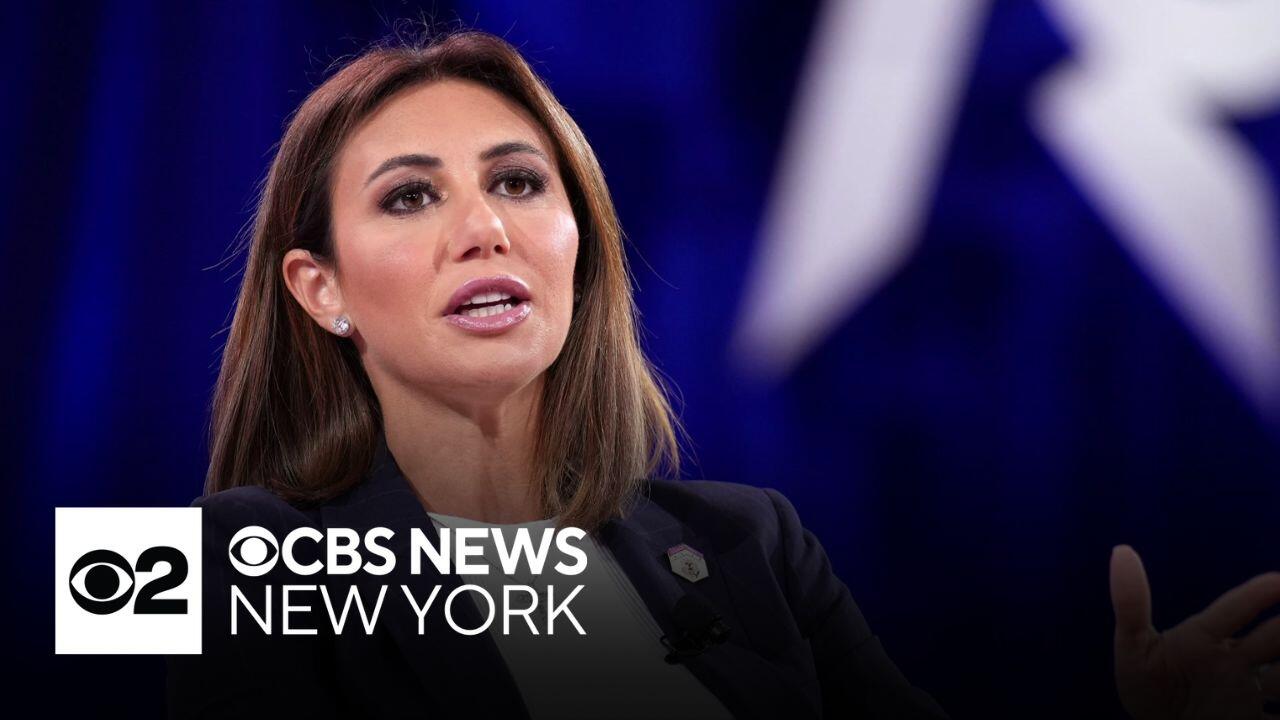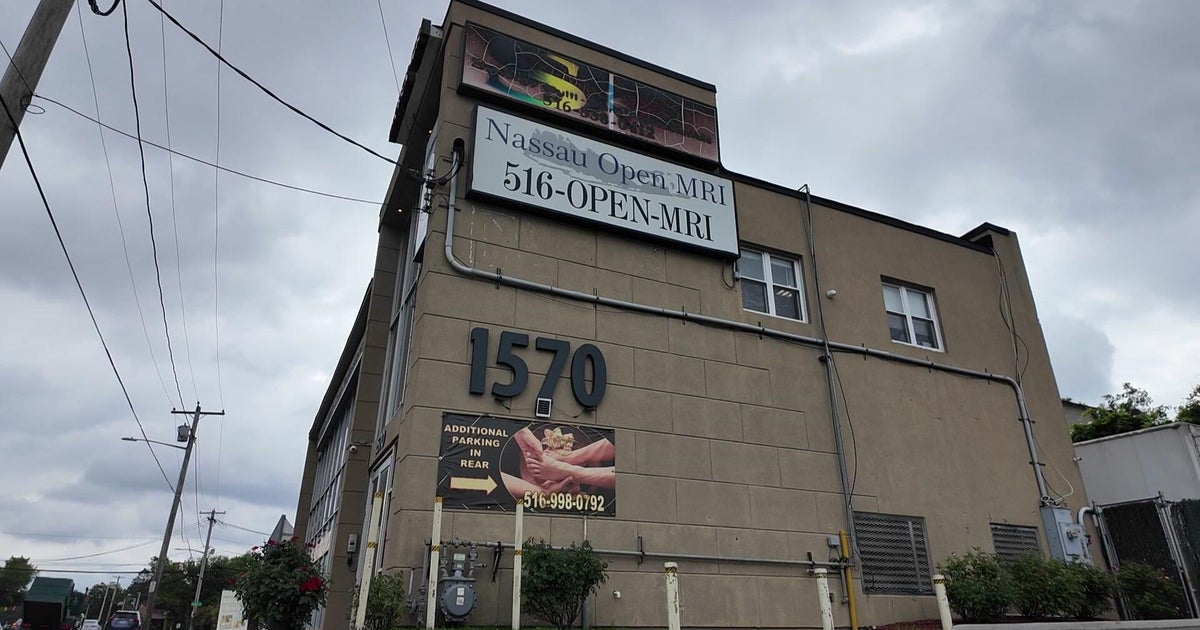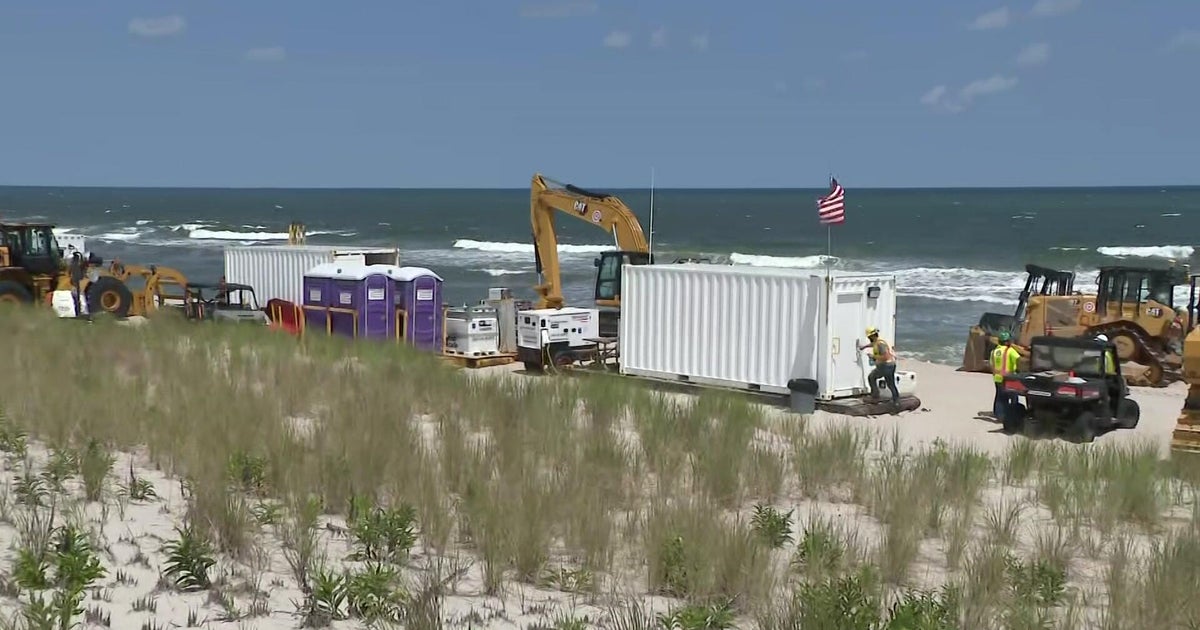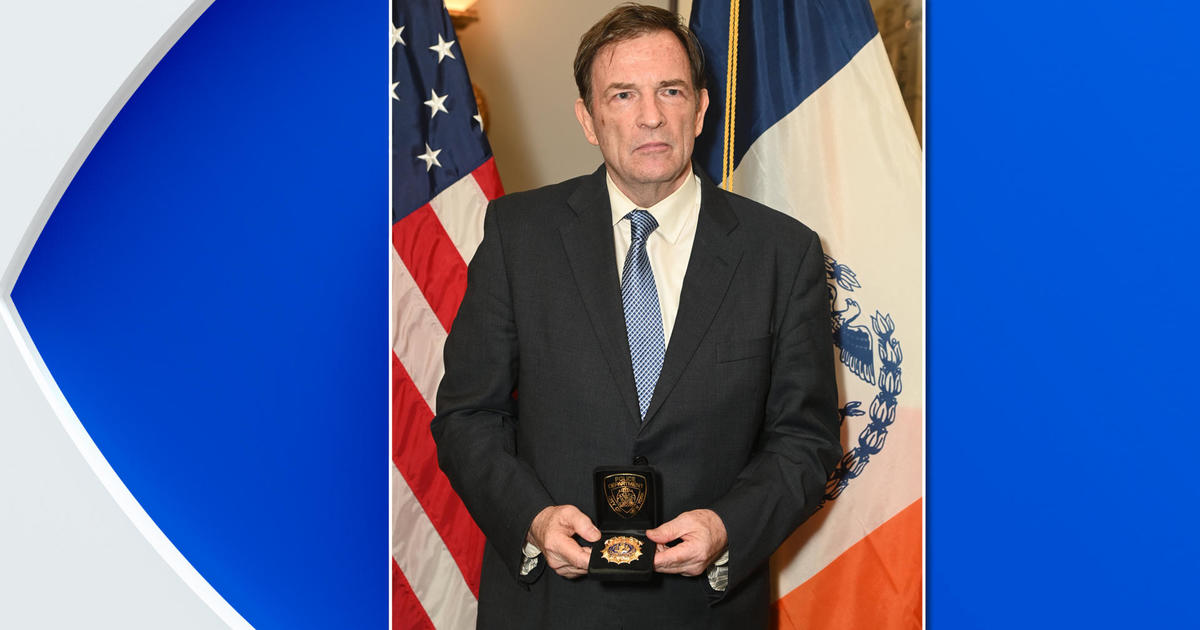With Alina Habba's time as acting U.S. attorney in N.J. almost up, a test of the limits of presidential power is playing out
A test of the limits of presidential power is playing out in New Jersey.
In two days, the acting U.S. attorney will be someone who was just fired by the Department of Justice.
Alina Habba's 120-day term ends Friday.
Tuesday, a group of federal judges in New Jersey voted not to extend Habba's interim appointment as U.S. attorney, and to replace her with her deputy Desiree Grace.
"It's completely conventional. They advanced her as a nominee. She didn't get support at that point," former U.S. Attorney Harry Lipman said.
Hours later, Attorney General Pam Bondi fired Grace, posting on social media "politically minded judges refused to allow her to continue in her position." Bondi went on to say Grace "has just been remove" and the "Department of Justice does not tolerate rogue judges - especially when they threaten the President's core Article II powers."
"Habba came in saying I hope 'I can use this office to turn New Jersey red.' Probably, the single most inappropriate comment I've ever heard from a U.S. attorney," Lipman said. "The judges say while we're running the office, we want someone who can run the office in a professional, regular way."
"That's where you potentially have a constitutional crisis"
The Constitution allows presidents to make interim appointments, but nominees must still be confirmed by Congress.
During President Trump's first term, he nominated 85 U.S. attorneys, all of whom were confirmed by the Senate. So far this term, he has only nominated 20, opting to appoint the others to serve without Senate confirmation.
Democrats and legal scholars take issue with the fact that Bondi fired Habba's replacement.
"Now that's where you potentially have a constitutional crisis," legal expert Mayo Bartlett said. "And our democracy, while not perfect, is unique around the world. And it has frameworks and protections that should tell us even if our party loses, we're not at risk. There are protocols and protections that we can expect to work."
Bartlett says every American should care how this plays out since the rules of our Constitution - namely, the separation of powers - are being tested in real time.
"I think the biggest threat to our democracy is that Congress doesn't push back, doesn't do its job and require consent," Bartlett said. "Then you lead to where we are right now, with presidents of both parties are able to rule by decree."
While Grace has been terminated, she is still to become the acting U.S. Attorney when Habba's term ends on Friday. When Grace is officially in the position, President Trump can then fire her and appoint someone else.
In Albany, when a federal panel of judges refused to appoint the interim U.S. attorney, John Sarcone III, the Justice Department named him as "special attorney to the attorney general." This gave him the power of a U.S. attorney and is indefinite.





